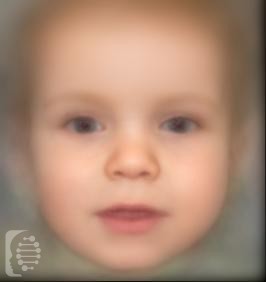What is Megalencephaly-Polymicrogyria-Polydactyly-Hydrocephalus syndrome (MPPH)?
Megalencephaly-Polymicrogyria-Polydactyly-Hydrocephalus syndrome is a rare congenital brain condition that presents with multiple birth defects (symptoms present at birth) and developmental delay.
The syndrome is characterized by a very large head (megalocephaly) and brain. This growth is especially marked during the first two years of an affected individual’s life.
Alternative syndrome names: Megalencephaly, polymicrogyria, mega corpus callosum syndrome, MPPH; MEG-PMG-MEGACC syndrome; Megalencephaly, Mer¡ga Corpus Callosum, and Complete Lack of Motor Development.
What gene change causes Megalencephaly-Polymicrogyria-Polydactyly-Hydrocephalus syndrome (MPPH)?
Mutations in the PIK3R2, AKT3, and CCND2 genes are responsible for causing the syndrome.
The syndrome is inherited in an autosomal dominant pattern with many cases of de novo, or new, mutations.
What are the main symptoms of Megalencephaly-Polymicrogyria-Polydactyly-Hydrocephalus syndrome (MPPH)?
The main symptoms of the syndrome are:
- Polymicrogyria: abnormal development of the brain before birth. The surface folds of the brain develop too small. This might affect an individual’s intellectual ability and or trigger seizures, including epilepsy.
- Megalencephaly: larger than normal brain. This is not the same as a large head.
- Polydactyl: extra digits on the hand
- Hydrocephalus: excessive fluid on the brain
Possible clinical traits/features:
Megalencephaly, Hydrocephalus, Global developmental delay, Ventriculomegaly, Macrocephaly, Prominent forehead, Postaxial hand polydactyly, Polymicrogyria.
How is it diagnosed?
To find out if someone has a diagnosis of Megalencephaly-Polymicrogyria-Polydactyly-Hydrocephalus syndrome (MPPH), it is important to have a consultation and evaluation with a clinical genetic specialist. Specialists may also suggest specific genetic testing or other types of tests to help reach a diagnosis. FDNA’s AI technology can help speed up the diagnostic process by analyzing facial features and other health information.

